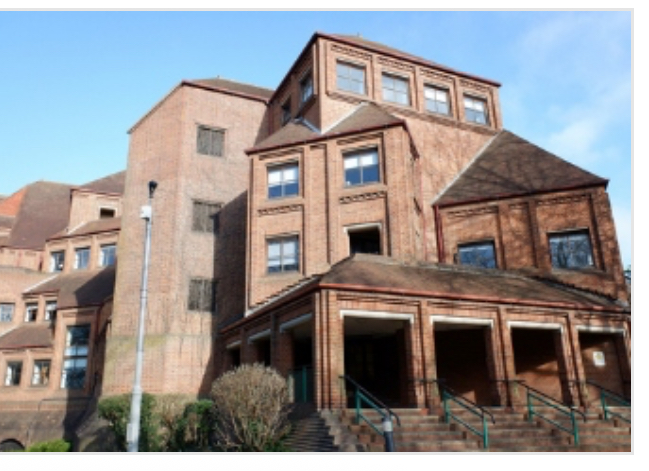Fatima Samuella Tholley’s hope of fleeing southern Lebanon’s escalating violence for her Sierra Leone homeland were shattered when an Israeli airstrike killed her employer and destroyed her belongings
Carrying a plastic bag with a change of clothes, 27-year-old housekeeper Fatima Tholley recounted to AFP how she and her cousin fled to Beirut in an ambulance.
Disoriented and traumatized, the pair navigated the war-torn city, knowing only the airport from their previous visit. Fatima’s voice cracked as she told AFP, “We’re unsure if we’ll make it through the day, only God knows.”
“I have nothing… no passport, no documents,” she said.
The cousins have spent days sheltering in the cramped storage room of an empty apartment, which they said was offered to them by a man they had met on their journey.
With no access to TV news and unable to communicate in French or Arabic, they could only watch from their window as the city was pounded by strikes.
The spike in violence in Lebanon since mid-September has killed more than 1,000 people and forced hundreds of thousands more to flee their homes, as Israel bombards Hezbollah strongholds around the country.
The situation for the country’s migrant workers is particularly precarious, as their legal status is often tied to their employer under the “kafala” sponsorship system governing foreign labour.
Rights groups say the system allows for numerous abuses including the withholding of wages and the confiscation of official documents — which provide workers their only lifeline out of the country.
“When we came here, our madams received our passports, they seized everything until we finished our contract” said 29-year-old Mariatu Musa
Tholley, who also works as a housekeeper.
“Now [the bombing] burned everything, even our madams… only we survived”.
Sierra Leone is working to establish how many of its citizens are currently in Lebanon, with the aim of providing emergency travel certificates to those without passports, Kai S. Brima from the foreign affairs ministry told AFP.
The poor west African country has a significant Lebanese community dating back over a century, which is heavily involved in business and trade.
Scores of migrants travel to Lebanon every year, with the aim of paying remittances to support families back home.
“We don’t know anything, any information”, Mariatu said.
“[Our neighbours] don’t open the door for us because they know we are black”, she wept.
“We don’t want to die here”.
Fatima and Mariatu said they had each earned $150 per month, working from 6:00 am until midnight seven days a week.
They said they were rarely allowed out of the house.
AFP contacted four other Sierra Leonean domestic workers by phone, all of whom recounted similar situations of helplessness in Beirut.
Patricia Antwin, 27, came to Lebanon as a housekeeper to support her family in December 2021.
She said she fled her first employer after suffering sexual harassment, leaving her passport behind.
When an airstrike hit the home of her second employer in a southern village, Patricia was left stranded.
“The people I work for, they left me, they left me and went away,” she told AFP.
Patricia said a passing driver saw her crying in the street and offered to take her to Beirut.
Like Fatima and Mariatu, she has no money or formal documentation.
“I only came with two clothes in my plastic bag”, she said.
Patricia initially slept on the floor of a friend’s apartment, but moved to Beirut’s waterfront after strikes in the area intensified.
She later found shelter at a Christian school in Jounieh, some 20 kilometres (12 miles) north of the capital.
“We are seeing people moving from one place to another”, she said.
“I don’t want to lose my life here,” she added, explaining she had a child back in Sierra Leone.
Housekeeper Kadij Koroma said she had been sleeping on the streets for almost a week after fleeing to Beirut when she was separated from her employer.
“We don’t have a place to sleep, we don’t have food, we don’t have water,” she said, adding that she relied on passers by to provide bread or small change for sustenance.
Kadij said she wasn’t sure if her employer was still alive, or if her friends who had also travelled from Sierra Leone to work in Lebanon had survived the bombardment.
“You don’t know where to go,” she said, “everywhere you go, bomb, everywhere you go, bomb.”
AFP.







![Adrienne Munju [suspect]](https://inklinetimes.com/wp-content/uploads/2024/10/munju-150x150.jpeg)








Leave a comment